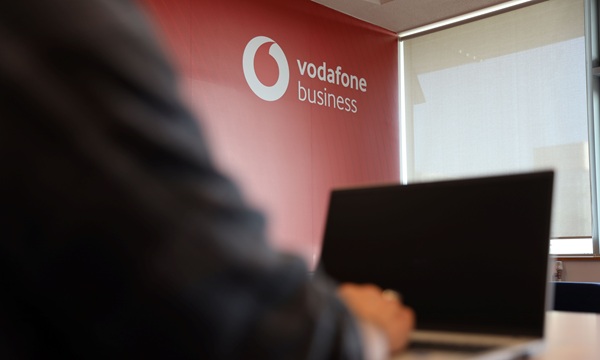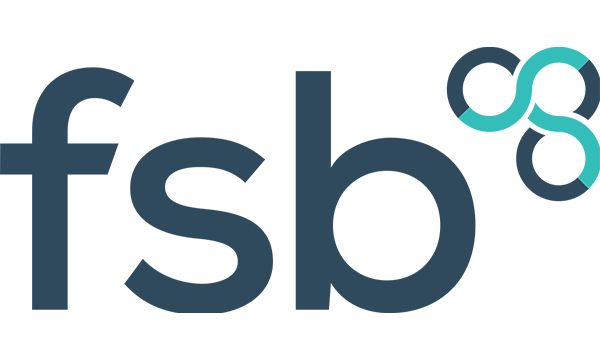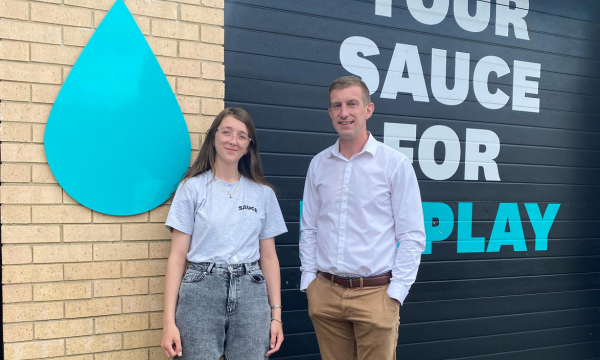Bangor University is partnering with medical training company Remote Area Risk International and the Institute for Remote Area Risk Management and Medicine, to improve medical care in emergency situations that occur in outdoor and remote areas, such as expeditions, military operations, and humanitarian disasters.
A key focus of the partnership is to develop effective, practical, evidence-based methods that responders can use to limit body temperature cooling during field care and other resource-limited settings.

Staff from Bangor University’s Institute for Applied Human Physiology will attend professional-level remote area medical courses run by Remote Area Risk International at the National Outdoor Centre, Plas y Brenin in Eryri/Snowdonia, North Wales. Further research and testing of prolonged field care techniques and equipment will follow, including within a specialist thermal environmental chamber at Bangor University.
Remote Area Risk International is a leader in the field of remote area medical training and risk management, whilst Bangor University have a long track record in world-class research in sport and exercise science.
The research will take place thanks to a Bangor University Innovation and Impact Award, funded by Research Wales Innovation Fund.
Professor Sam Oliver, from Bangor University’s School of Psychology and Sports Sciences, and Director of the Institute for Applied Human Physiology, said,
“We are delighted to be working with Remote Area Risk International to help develop the practical methods and training they teach in their UK-leading remote medicine and prolonged field care courses. The work is particularly rewarding, knowing that course graduates go on to apply the knowledge and technical skills learned, to improve prehospital care and reduce mortality in resource-limited settings, like expeditions and disaster zones’.”
Matthew Davies, Director at Remote Area Risk International, added,
‘We were introduced to Sam by a trusted and very experienced contact within Mountain Rescue. The team at the Institute for Applied Human Physiology have huge experience in the subject matter in question. As with everything we do, the focus is on making a positive difference to those who need it, in extremis.’







